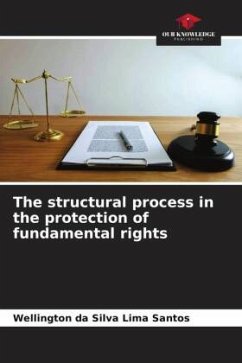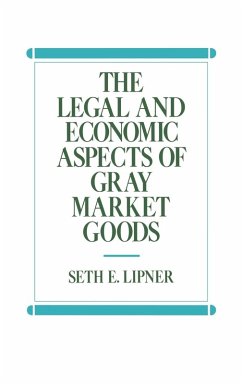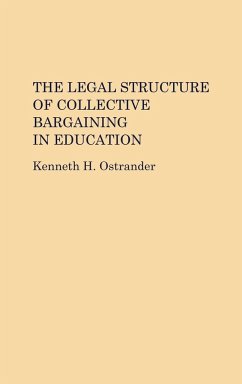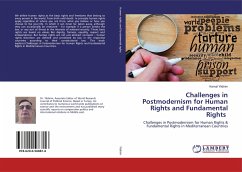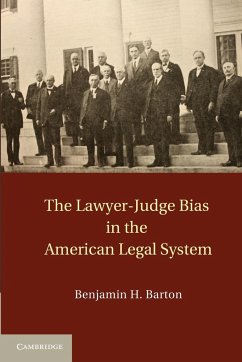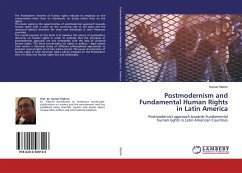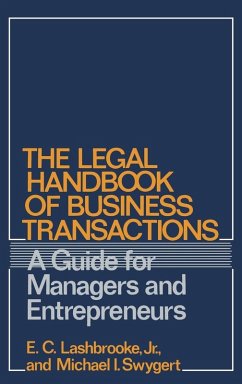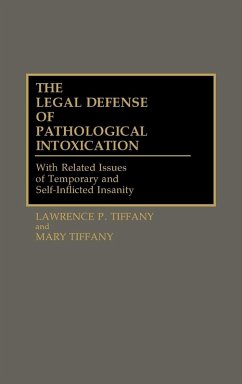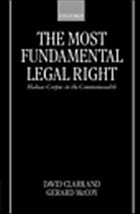
The Most Fundamental Legal Right
Habeas Corpus in the Commonwealth
Versandkostenfrei!
Versandfertig in 1-2 Wochen
209,99 €
inkl. MwSt.

PAYBACK Punkte
105 °P sammeln!
This book on habeas corpus throughout the Commonwealth explores the theme of the fortunes of the writ and the conditions under which it has either flourished or waned. Drawing upon a wide range of commonwealth authorities, and including materials from the colonial period as well as from ex-Commonwealth or ex-empire states, this volume considers the diffusion of the writ, the myths surrounding it, and the uses to which the writ has been put which distinguish the remedy from the English experience. The reach of the writ in time and space is considered especially in multi-jurisdictional and feder...
This book on habeas corpus throughout the Commonwealth explores the theme of the fortunes of the writ and the conditions under which it has either flourished or waned. Drawing upon a wide range of commonwealth authorities, and including materials from the colonial period as well as from ex-Commonwealth or ex-empire states, this volume considers the diffusion of the writ, the myths surrounding it, and the uses to which the writ has been put which distinguish the remedy from the English experience. The reach of the writ in time and space is considered especially in multi-jurisdictional and federal legal systems, as well as the availability of habeas corpus in non-custodial situations such as bail, house arrest, parole and probation. Given the ubiquity of emergencies and military government for long periods in several jurisdictions, the fate of the writ under conditions of martial law and emergency rule is also considered. The constitutional status of the writ and the expansion of the role of the writ in states with a bill of rights is shown to have both enlivened the jurisprudence on the writ and expanded the ambit of habeas corpus review. Finally, a neglected aspect of the writ as used against detentions ordered by Parliament is discussed in the final chapter, where it is shown that the reach of review is far wider in a number of commonwealth jurisdictions than in England itself. No previous collection of essays or monograph has attempted to explore the writ against a Commonwealth-wide canvas and the differences in the role and use of the writ that emerge are a counterpoint to established thinking about the writ in England and some older commonwealth jurisdictions. While no policy prescriptions are presented, the ideas and arguments discussed in the book should prove to be an inspiration for lawyers and legislators in different parts of the Commonwealth.






